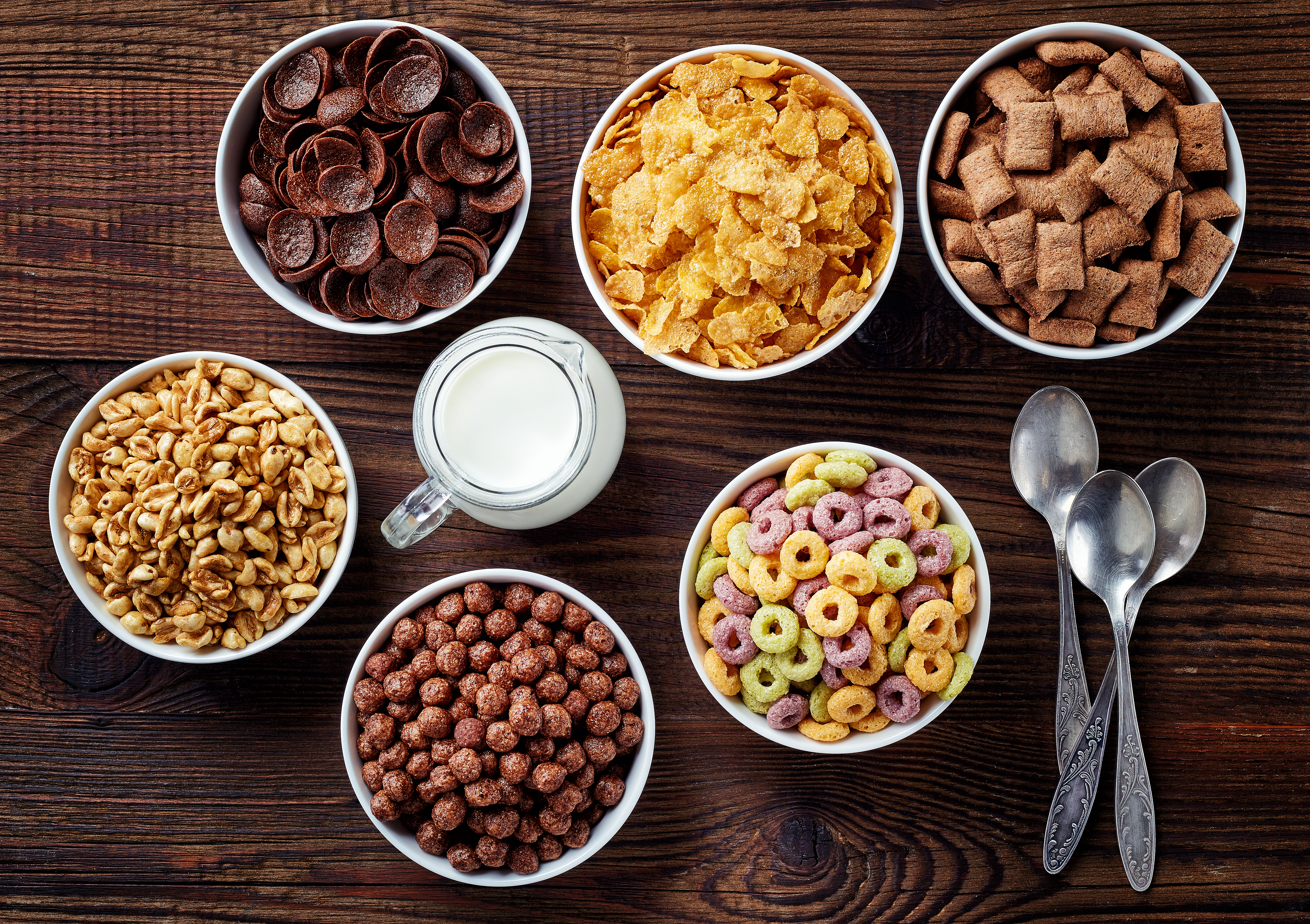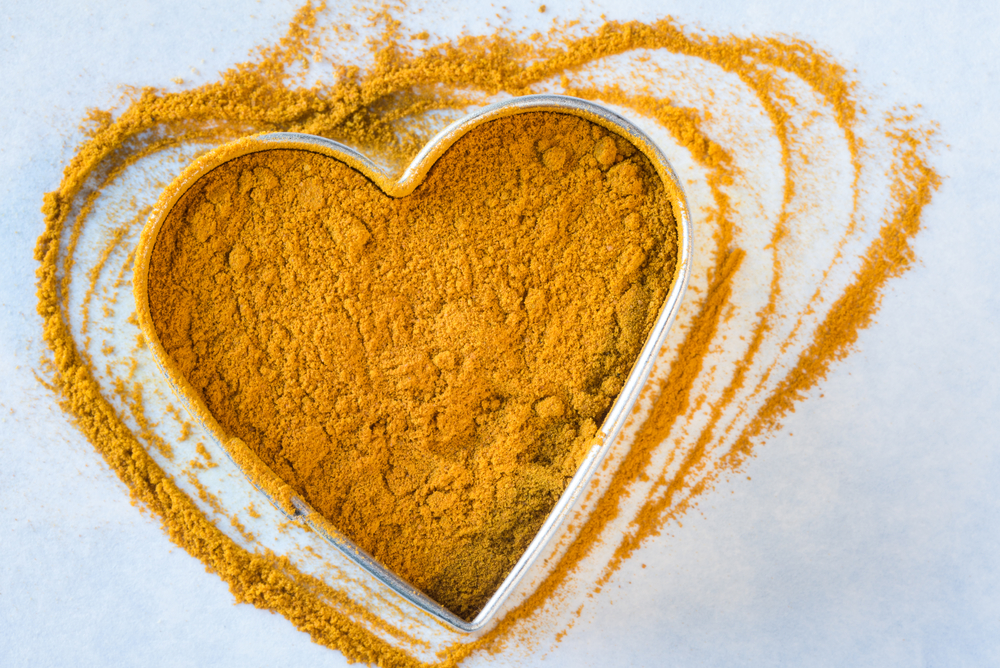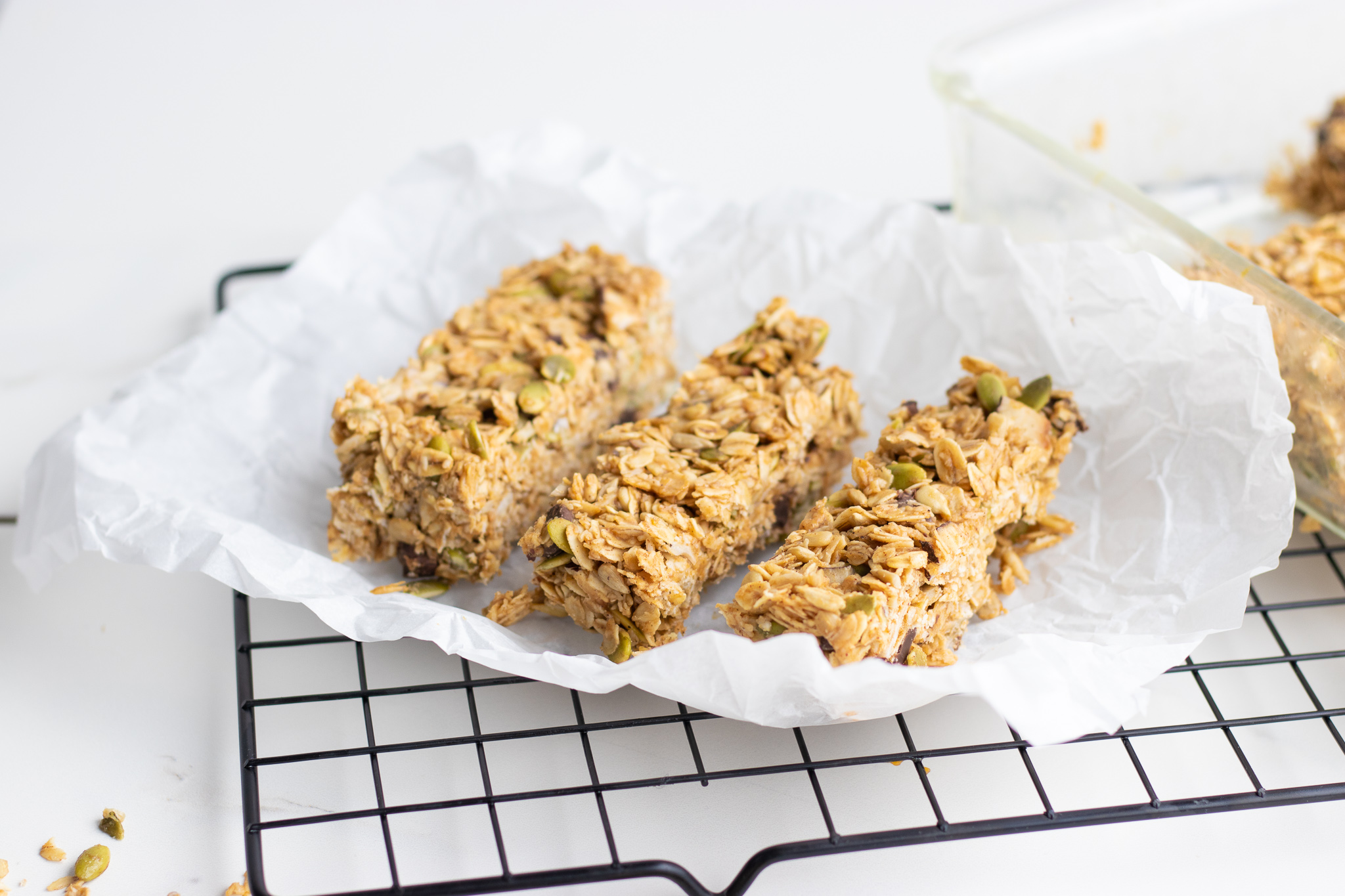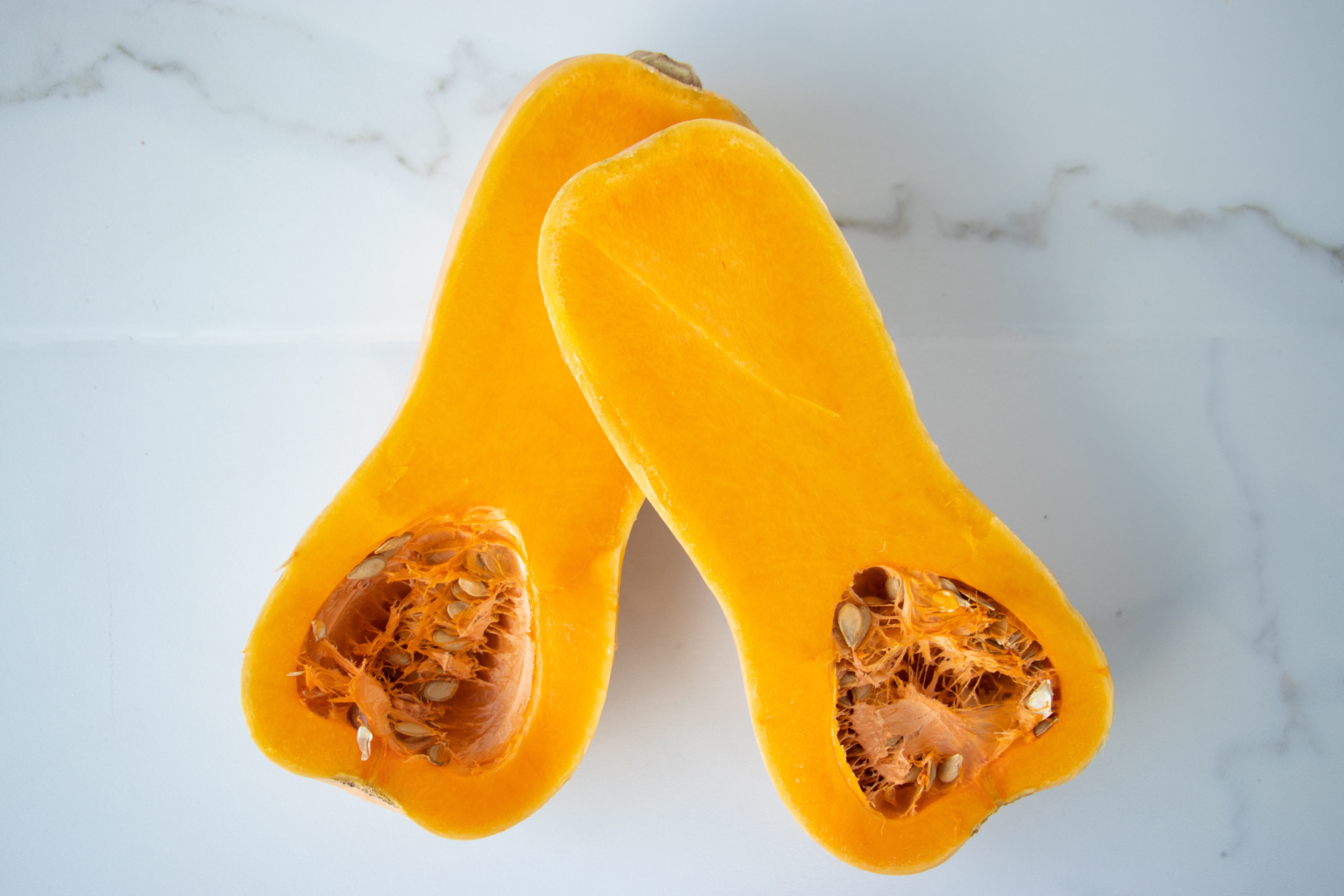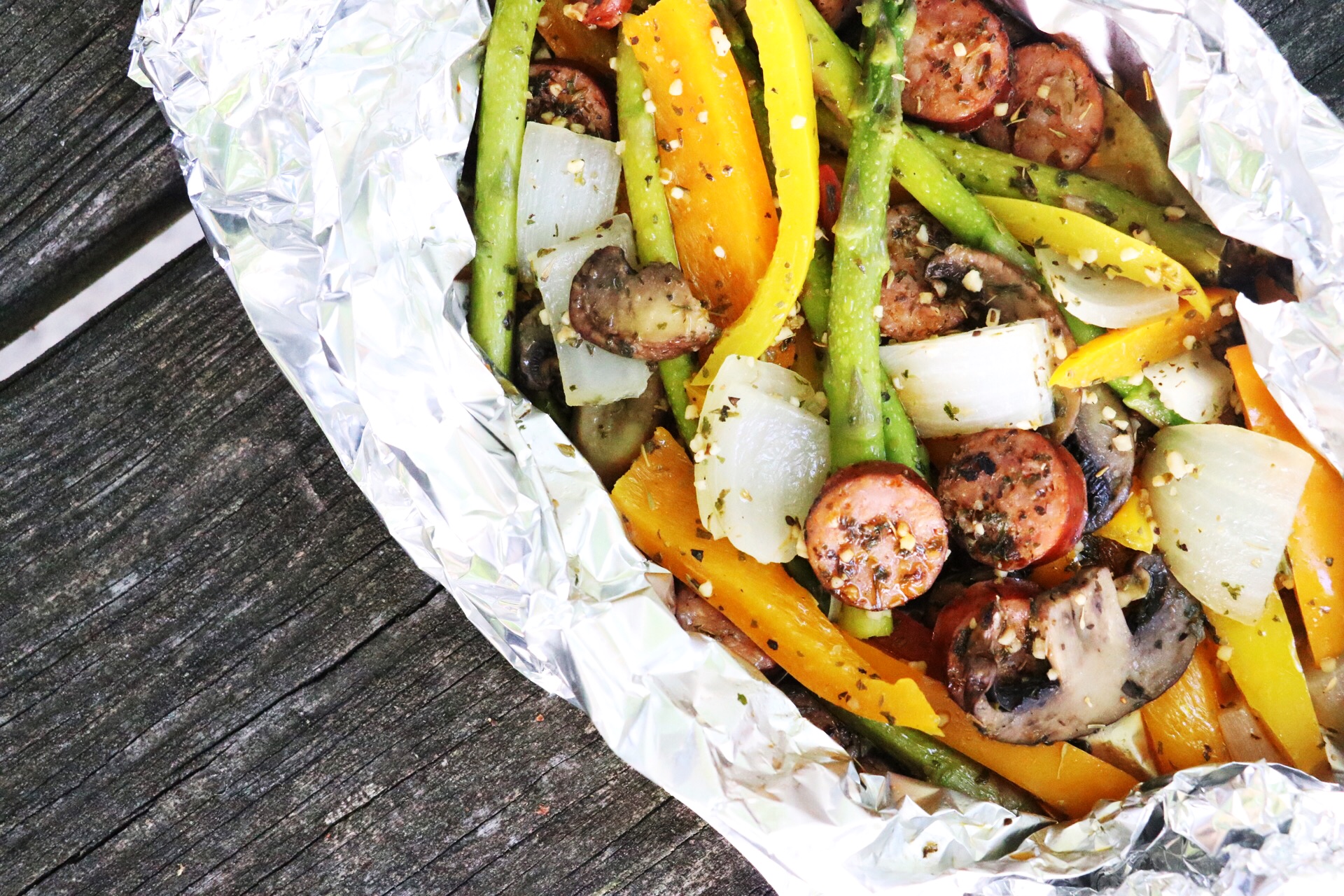Is Buying Organic Food Worth the Cost?
A recent survey conducted by The Bureau of Labor Statistics reveals that the average North American family spends approximately 12.6% of their weekly income on groceries. Most people realize the benefits of purchasing organic foods but will likely shy away from buying them because of their cost.
One of the most popular questions posed by consumers regarding organic foods is whether they’re worth the significantly higher price tag. The answer depends on each product individually. Simply put, some organic products are worth the cost and some aren’t.
Every year, the EWG (Environmental Working Group) releases their Dirty Dozen list. These are the 12 products that contain so much pesticide they’re actually worth spending the additional money to buy organic. Products earning a spot on the most recent Dirty Dozen include apples, celery, strawberries, peaches, spinach, nectarines (imported), grapes (imported), sweet bell peppers, potatoes, blueberries (domestic), kale and lettuce.
In addition to publishing the Dirty Dozen list, the EWG also releases a Clean 15 list. Foods found on this list contain minimal amounts of pesticide and probably aren’t worth your money when it comes to buying organic. Products earning a spot on the most recent Clean 15 include onions, sweet corn, pineapples, avocado, asparagus, sweet peas, mangos, eggplant, cantaloupe (domestic), kiwi, cabbage, watermelon, sweet potatoes, grapefruit and mushrooms.
The most important part of eating organic (especially if you’re on a budget) is to know where you and your family will gain the most value. Save money by purchasing non-organic products found on the Clean 15 and spend a few extra dollars buying organic products found on the Dirty Dozen.



